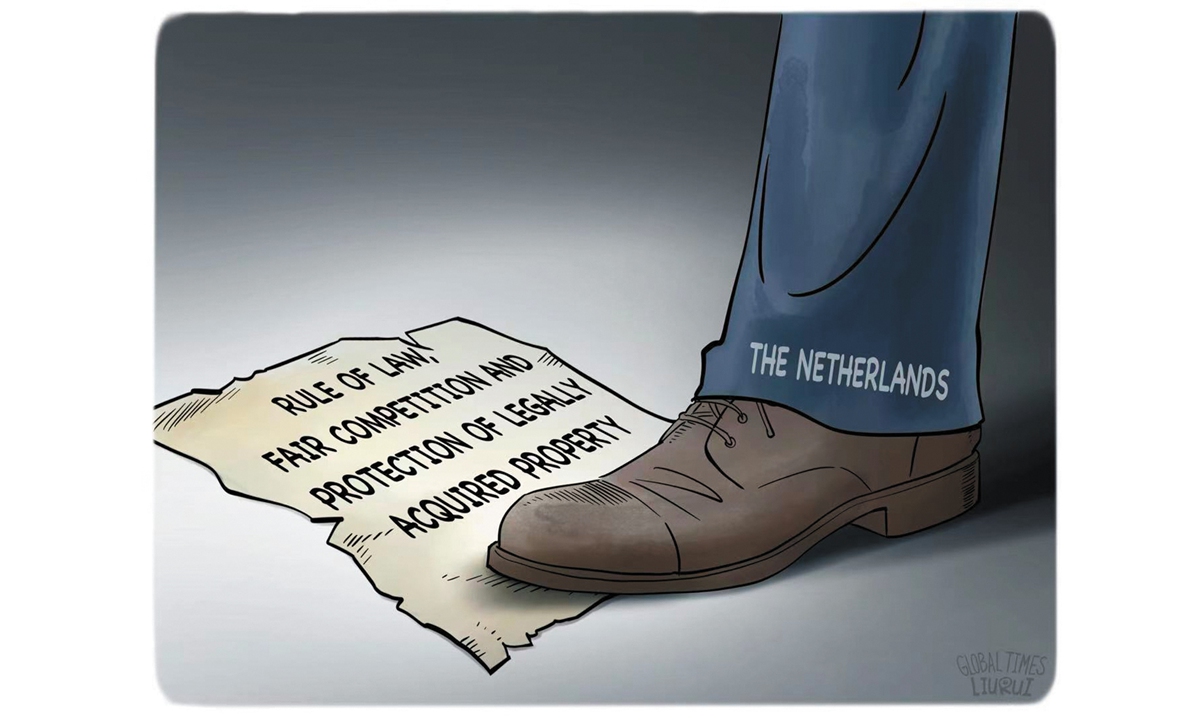
As Democratic state lawmakers last week briefed their colleagues on measures ending or cinching tax loopholes and breaks as part of an effort to plug a roughly $750 million hole in the state budget, they kept repeating a variation of the same line: We could be doing more.
“This is not good tax policy,” state Rep. Emily Sirota, D-Denver, told statehouse Democrats on a Zoom call while explaining her bill removing an income tax deduction for wealthy owners of so-called pass-through businesses.
Only single filers earning more than $500,000 of profits from their pass-through companies or joint filers earning more than $1 million will lose the deduction. Sirota said the thresholds should be lower.
“But this is an agreement with the governor,” she said.

Every dollar of new revenue Democrats in the legislature find during the special session that began Thursday to fill the hole in the state budget means one less dollar out of the state’s fiscal reserves or that the governor won’t have to cut from existing programs and services.
The deficit was caused by tax policy changes made through the One Big Beautiful Bill Act, the Republican federal tax and spending measure signed by President Donald Trump in July. Colorado’s state code mirrors the federal tax code, leading to a big drop in tax collections.
Democrats brought four bills during the special session that are forecast to raise about $150 million in tax revenue this fiscal year, which began July 1.
House Speaker Julie McCluskie, D-Dillon, defended her party’s approach, saying Democrats are starting off by tackling tax breaks and loopholes they had already been eyeing.
“This special session is really just the start,” she told reporters. “(These) are tax breaks we’ve had conversations about before. These are ones that we were aware of — (had) research and understanding around how these are helping or hurting businesses or failing to achieve their goals.”

Gov. Jared Polis told The Colorado Sun in an interview that Democrats were also trying to act quickly while not causing collateral damage. He highlighted how the income tax deduction on wealthy pass-through owners being cut by Sirota’s bill has been axed since 2020. It was set to resume next year.
“It’s a very simple opportunity,” he said.
The pass-through measure is expected to bring in $45.9 million in extra revenue for this fiscal year and would take effect starting in January.
Pass-through businesses, like sole proprietorships, S corporations and partnerships, don’t pay corporate income taxes because their profits “pass through” to their owners. The “qualified business income” tax break, which originated with the Tax Cuts and Jobs Act signed by President Donald Trump in 2017 during his first presidency, was aimed at helping owners of pass-through businesses get an income tax break similar to what companies received when Congress cut the corporate income tax rate.
Sirota said she’s not sure where the tax deduction earning threshold should be for pass-through business owners — only that the current levels are too high.
“I don’t think I want to throw out any specific number,” she said. “There are conversations about eliminating it altogether. There are discussions about a different threshold. But I think setting it at $500,000 and $1 million is prioritizing really wealthy businesses over the rest of us.”
Sirota, speaking on the House floor, said just 2% of people who claimed the deduction made at least $1 million, yet they saved about a third of all the money not paid in state taxes because of the benefit.
Still, even she defended the way Democrats are approaching the work of addressing tax loopholes and breaks during the special session.
“We are trying to do the best that we can to identify these particular measures that we have data for, that we think are appropriate to address now in the timeframe that we have,” she said.
Sirota’s bill was one vote from passing the legislature Sunday — the fourth day of the special session, which continues into this week.
The other tax breaks and loopholes being closed by Democrats during the special session include:
- Ending a tax break for insurance companies that have a “regional home office” in Colorado. The incentive is aimed at boosting the insurance workforce, but Democrats say that hasn’t panned out and some insurers have actually cut jobs in the state. The bill eliminating the benefit is expected to bring in $44 million this fiscal year. The legislation cleared a preliminary vote in the Senate on Sunday.
- Eliminate the state sales tax vendor rebate, which lets businesses with up to $1 million in taxable sales per filing period (generally monthly) keep up to 4% of their sales tax collections each month, up to $1,000. The rebate is aimed at reimbursing businesses for the strain of calculating and collecting sales taxes, but Democrats argue it’s unnecessary now since that work is mostly automated. The bill axing the rebate starting in 2026 is forecast to generate about $28 million in the current fiscal year. The measure passed a preliminary vote in the Senate on Sunday night.
- Expanding efforts to prevent corporations from shielding their revenue from taxation by routing it through other countries starting next year. The measure is estimated to generate $35.6 million this fiscal year. It’s awaiting the governor’s signature.

Other Democratic ideas to raise tax revenue were left on the cutting room floor.
Some liberal members of the legislature wanted to decouple Colorado’s tax code from some of the changes in the One Big Beautiful Bill Act that dropped state revenue. But the governor’s “call” for the special session, in which he outlined what he wanted lawmakers to do to tackle the deficit, didn’t prescribe that.
All of the tax loopholes and breaks addressed by the legislature were tackled at the direction of Polis.
Rep. Lorena Garcia, a Democrat from Adams County, said she is hopeful more tax breaks will be scrutinized during the legislative session in January, including a tax exemption on software downloads.
“Frivolous tax credits, we have so many tax credits,” she said. “We need to go through and (say), ‘What do we really need?’”
Statehouse Republicans, meanwhile, argued that the legislature should cut spending instead of raising taxes on businesses, saying the costs would ultimately be imposed on consumers.
“Anything that increases the cost of business increases the cost to you,” said Rep. Ken DeGraaf, a Colorado Springs Republican. “We need cuts in the budget. The way you balance a budget is you don’t spend more than the money that you have.”

Speaking specifically to the pass-through deduction being eliminated for high earners, Rep. Rick Taggart, a Republican from Grand Junction, said pass-through business owners making $500,000 should not be considered rich. He argued cutting the deduction would lead to less hiring.
“The majority of those dollars, for people who are trying to build up businesses, they reinvest in the business,” he said. “We care about our employees and we care about our company.”
GOP lawmakers also argued that the revenue-raising bills brought by Democrats may run afoul of TABOR, which requires voter approval for tax increases. But Democrats point to a 2018 Colorado Supreme Court decision in defending their case.
Given their minority in the legislature, Republicans were effectively powerless to stop the Democratic measures.
Source link


